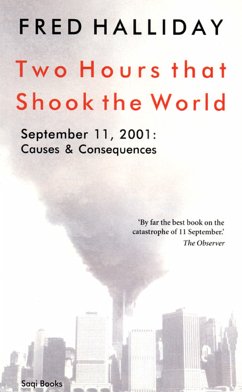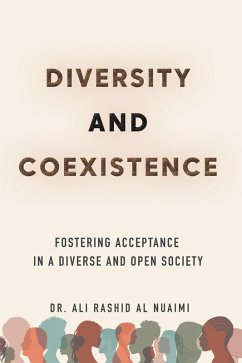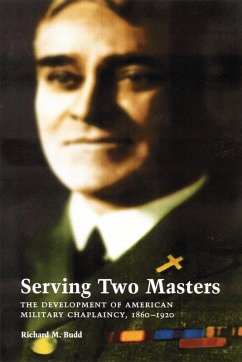
Historiography: From the Hagiographic Novel to Predictive Science - Section II: The Coexistence of Two Historical Cycles (eBook, ePUB)
Sofort per Download lieferbar
2,99 €
inkl. MwSt.

PAYBACK Punkte
0 °P sammeln!
We are easily surprised to see the gap between the progress that has been made, and are constantly being made, in the field of physical-mathematical sciences and the difficulty of finding similar progress in the field of social and human knowledge (in fact: in these fields, beyond the beliefs of the experts, the actual knowledge on the mechanisms that determine historical evolution, not to mention the elements that make up the essence of human nature, actual knowledge seems to have stopped at the dawn of philosophical speculation). The cause of this gap derives not so much from the difficultie...
We are easily surprised to see the gap between the progress that has been made, and are constantly being made, in the field of physical-mathematical sciences and the difficulty of finding similar progress in the field of social and human knowledge (in fact: in these fields, beyond the beliefs of the experts, the actual knowledge on the mechanisms that determine historical evolution, not to mention the elements that make up the essence of human nature, actual knowledge seems to have stopped at the dawn of philosophical speculation). The cause of this gap derives not so much from the difficulties, and from the specific complexity, which these fields of investigation present, but from the different type of motivation that drives researchers in the two different great fields of investigation. If for the physical-mathematical sciences the researchers seem driven only by the desire to contribute to increasing knowledge, without taking into account the advantages and personal dangers that can derive from such action (think of the risks run by Galileo Galilei, had following the disclosure of the deductions derived from their own telescopic observations), the thinkers of the field of social and human knowledge seem to be driven, mainly, by the desire to acquire: fame, glory and power. Only when the "scientists" of these last two sectors radically change their basic objectives, will knowledge in these fields make genuine cognitive progress. The knowledge of the actual historical evolution and of the actually relevant events in relation to this evolution is constantly relegated to allusions and metaphors, never to a timely analysis and such that it can be confirmed, or denied, by the comparison with the reality of the facts. This is due to the need for historians to justify historical reality and, indeed, to magnify it, to the greater glory of the powerful they serve, or those powerful whom they believe may prevail in the near future. The maximum of historical objectivity can be found in those historians who, considering themselves free, prepare an analysis of history that they believe cannot be refuted by future historians, who, like them, would inevitably be subjected to the decisive conditioning of historical reality that we are about to analyze.
Dieser Download kann aus rechtlichen Gründen nur mit Rechnungsadresse in A, B, CY, CZ, D, DK, EW, E, FIN, F, GR, H, IRL, I, LT, L, LR, M, NL, PL, P, R, S, SLO, SK ausgeliefert werden.













